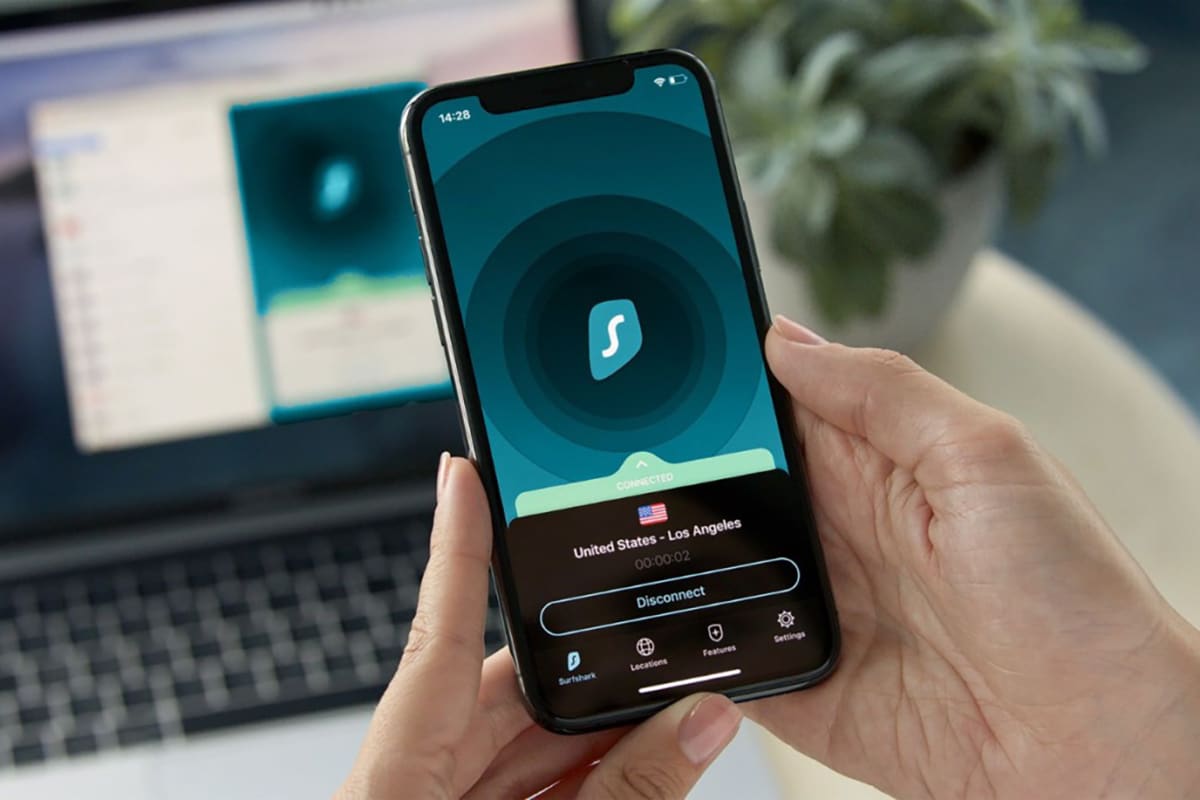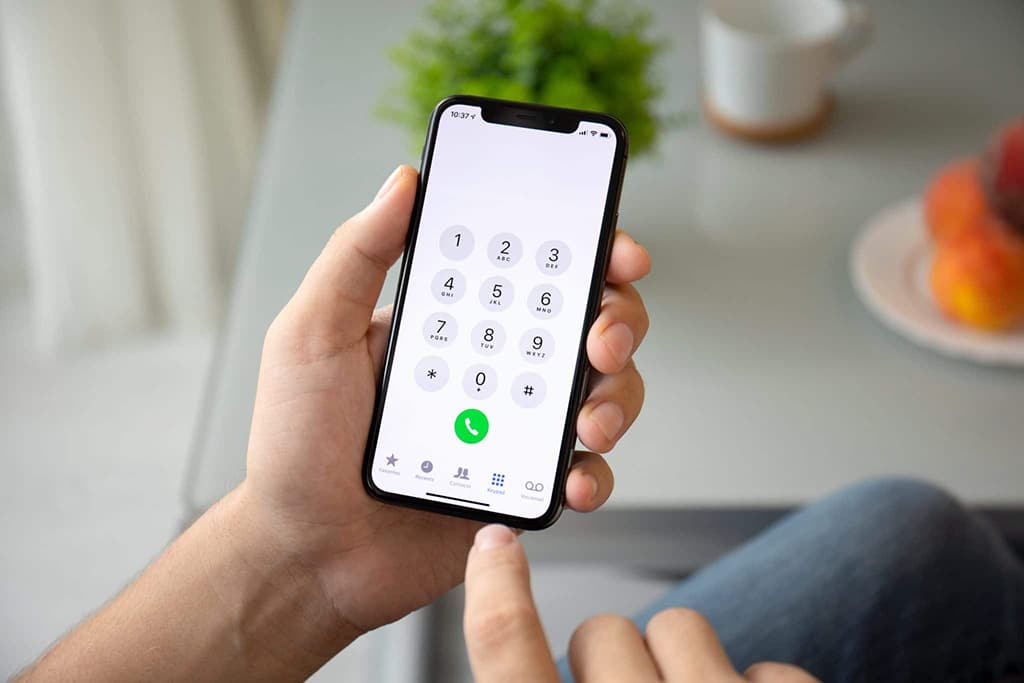Yes, it is technically possible to track a partner‘s phone without their knowledge using tools like spy apps and location services. But should you? That‘s a more complex question. This guide will explore the technical options, their capabilities, and the ethical dilemmas to inform your decisions.
Why Might You Want to Track Your Partner‘s Phone?
It‘s natural to worry about a loved one‘s safety and activities. In a 2022 survey by Private Spy, 62% of spouses admitted suspicions about their partner cheating based on phone behaviors. You may feel tracking their phone is justified to either confirm or ease these worries. Some common motives include:
- Suspecting infidelity or secret communications
- Concerns about their safety or wellbeing
- Monitoring potential addictive or dangerous behaviors
- Protecting your family‘s security and assets
However, experts caution suspicions frequently stem from limited information and biased assumptions. Jumping to monitor your partner‘s phone often does more harm than good.
What Are the Technical Options for Covert Phone Tracking?
Smartphone tracking technology has rapidly evolved, empowering those who want to discreetly monitor a partner‘s device. Here are some of the main methods available:
Spy Apps
Spy apps like Spynger, mSpy and FlexiSPY offer powerful monitoring tools when installed on a target phone. According to a Spyine review, their capabilities include:
- Recording messages on apps like Facebook, WhatsApp and Snapchat
- Logging all phone calls and text messages
- Tracking GPS location in real-time
- Viewing photos, videos, calendars and browsing history
- Capturing keystrokes typed on the device
Pros: Very robust features and difficult to detect if installed carefully. Flexible subscription options.
Cons: Requires physical phone access. Can be illegal if used improperly.
| Comparison of Top Spy App Features |
|-|-|
| App | Call Logging | SMS Tracking | GPS Tracking | Keylogger |
| Spynger | Yes | Yes | Yes | Yes |
| mSpy | Yes | Yes | Yes | No |
| FlexiSPY | Yes | Yes | Yes | Yes |
Find My iPhone and Google Maps Location Sharing
Apple and Google provide built-in tracking tools on their devices. These allow location monitoring if the target enables sharing:
- Find My iPhone – Locate iOS devices linked to an Apple ID when logged into iCloud
- Google Maps – Share real-time locations between Android devices
Pros: No installation needed and officially sanctioned uses.
Cons: Requires consent and app access. Easily disabled by the user. Limited compared to spy apps.
Mobile Network Providers
In cases of theft or emergency, carriers can track phones by:
- Identifying device location by IMEI number
- Triangulating the phone‘s signal at cell towers
- Remotely wiping data if the device is lost
However, they typically require a valid reason like a lost child or senior to avoid illegal use.
IMEI Tracking
Every mobile phone contains a unique 15-digit IMEI number. Online IMEI tracking services claim to locate devices by this number, but many seem fraudulent. This method also requires carrier cooperation.
What Are the Ethical Dilemmas Around Covert Phone Tracking?
While the technology exists to secretly monitor your partner, doing so raises troubling ethical issues:
- Lack of consent – Tracking someone without permission destroys trust in the relationship.
- Invasion of privacy – Reading their messages and emails is a major breach of boundaries if not warranted.
- Legality – Unauthorized tracking may violate cybercrime and stalking laws depending on the situation.
- Biased assumptions – Suspicions based on limited information are often misguided, leading to false accusations.
- Avoiding communication – Monitoring your partner‘s phone allows you to forego healthy relationship discussions and problem-solving.
According to marriage counselor Dr. Wyatt Fisher, covert phone tracking indicates deeper trust issues in a relationship. It often becomes an unhealthy crutch.
When Could Covert Phone Tracking Possibly Be Appropriate?
Marriage experts acknowledge that in very limited cases, secretive tracking may be suitable as an absolute last resort:
- If you or your children are in potential danger requiring investigation.
- After extensive unsuccessful efforts to communicate concerns openly.
- With intent to care for your partner‘s wellbeing, not prove yourself right.
- As a time-limited measure while seeking professional help.
- With an attitude of regret, not righteousness, about the broken trust.
- Never as retaliation or driven by envy – this will only push your partner away.
The decision to track a partner‘s phone warrants careful soul searching. Do so only with discretion and wisdom.
What Relationship Habits Should You Cultivate Instead?
More than spying technology, positive relationship habits like openness, patience and empathy will lead to a healthy marriage. Consider how you can proactively build trust:
- Communicate openly and often – Share feelings and perspectives frequently. Seek to understand.
- Offer empathy – Approach conflicts recognizing your partner‘s humanity. See their good.
- Practice patience – Rebuilding trust requires time. Don‘t demand instant change.
- Seek counseling – Turn to professional guidance together to resolve unaddressed issues.
- Admit mistakes – Apologize for errors and change harmful behaviors for your relationship‘s future.
With mutual care and vulnerability, even significant breaches of trust can be healed over time. Nurture these aspects diligently.
In Conclusion
Technology provides powerful capabilities to track a partner‘s phone without their knowledge, as highlighted in this guide. However, these options also create profound ethical dilemmas. Tread carefully and focus most on cultivating mutual understanding and compassion in your relationship. While spying tools exist, your marriage‘s health depends far more on how you care for your partner‘s heart.




